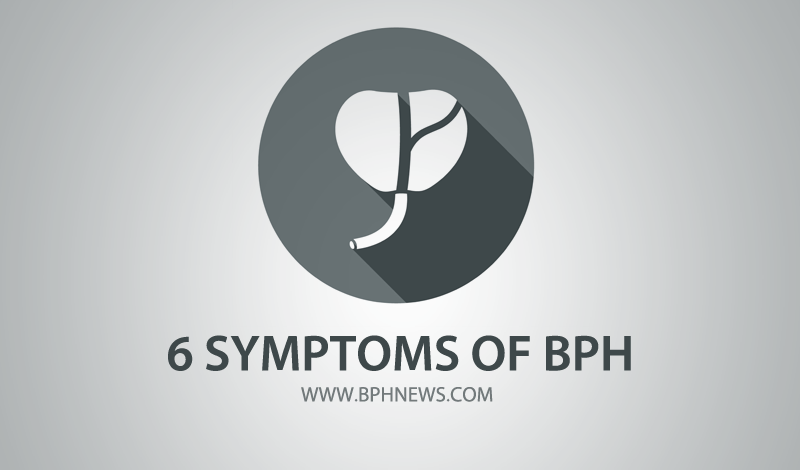Benign Prostatic Hyperplasia (BPH) is a disease that affects the prostate, a gland present in men’s bodies, causing it to become enlarged. It is a non-cancerous condition and does not constitute a risk to patients’ lives, but it can be inconvenient and uncomfortable. Symptoms include:
- Urinary frequency: the equivalent to urinating eight or more times a day
- Urinary urgency: or the inability to delay urination
- Urinary hesitancy: which consists of difficulties in starting a urine stream
- Interrupted or weak urine stream
- Dribbling at the end of urination: which means loss of small amounts of urine due to a poor urinary stream
- Nocturia: which is the name given to frequent urination during periods of sleep

